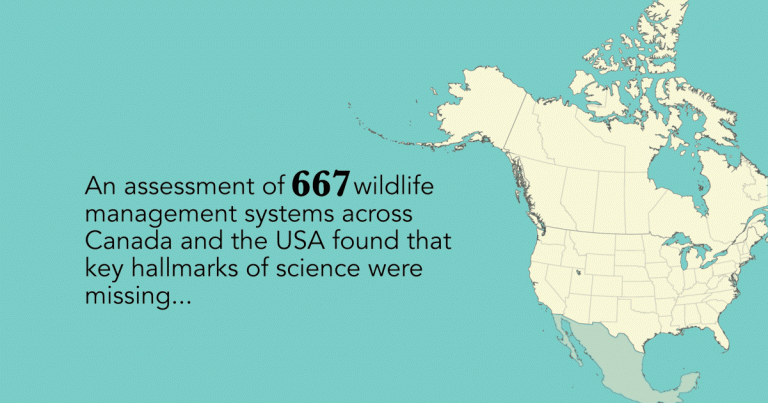Spatial alignment between grizzly bear genetic groups and Indigenous language families in coastal BC
In the landscape on the central coast of what is now known as British Columbia, genetic analyses have identified three distinct genetic groups of grizzly bears. The spatial areas of these groups align strikingly well with the geographies of three Indigenous language families (Tsimshian, Northern Wakashan, Salishan Nuxalk). The explanation the research partnership favours is…





